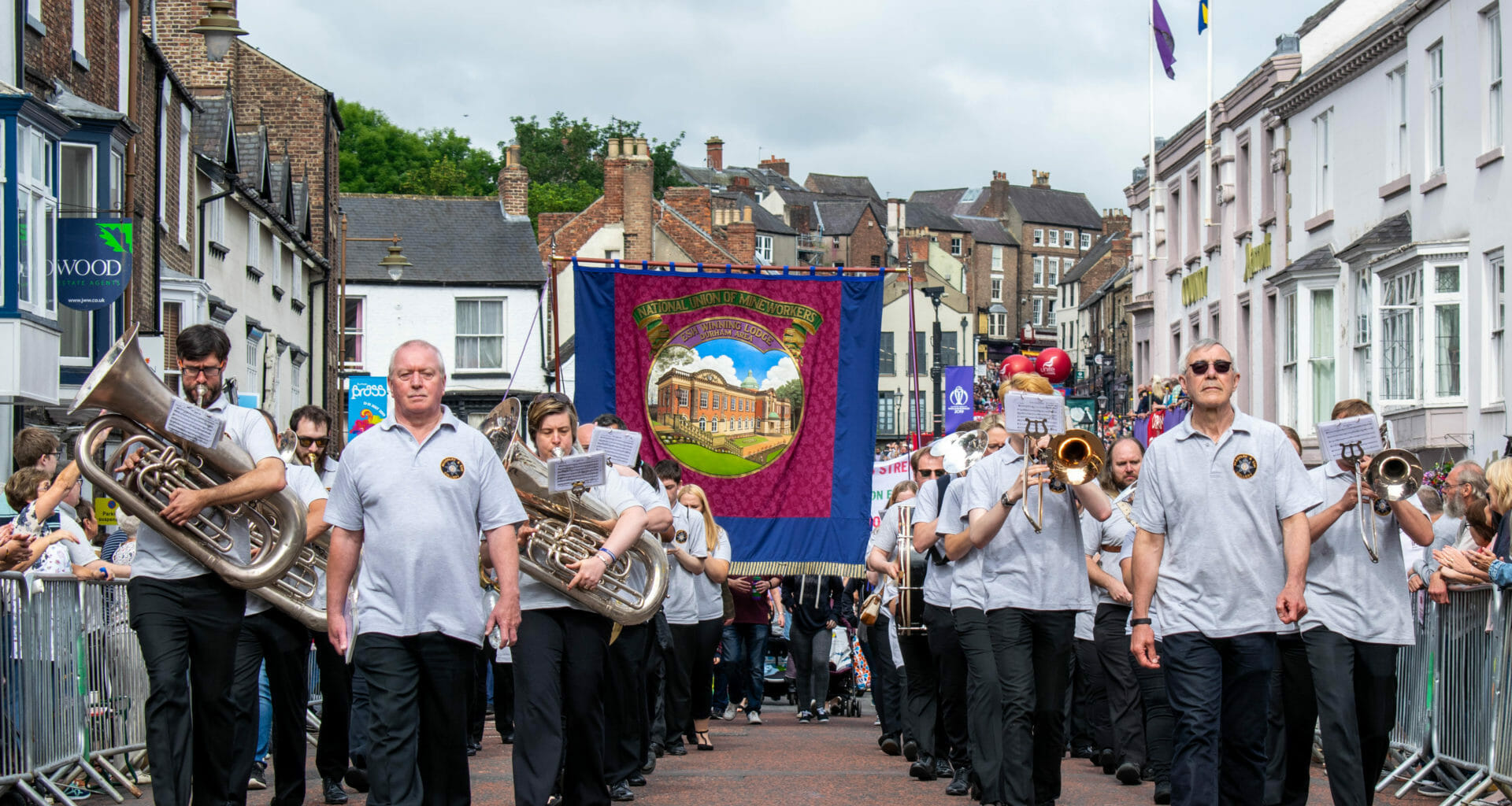A consultation asking whether convicted miners should be pardoned for offences related to the 1984-85 strike has revealed overwhelming support for the Scottish Government to exonerate them.
Hundreds of striking miners were convicted of offences during a divisive and sometimes violent industrial dispute when Margaret Thatcher was prime minister. Around 500 Scottish miners were arrested and 200 were sacked by the National Coal Board.
Many miners and their supporters long held the view that policing of the strike was politically motivated and in 2018 the Scottish Government announced a review into the impact of policing on mining communities in Scotland.
The review, published in October 2020, recommended that ministers should introduce legislation to pardon men convicted for certain offences related to the strike.
In March 2021, the Scottish Government said it accepted the recommendation and would consult on what the qualifying criteria should be for any proposed pardon.
The consultation – Miners’ Strike 1984 to 1985 Pardon – contained 14 questions and attracted 377 responses. The National Union of Mineworkers, Unite the Union, Orgreave Truth and Justice Campaign, and the Law Society of Scotland, were among the respondents.
Eighty seven per cent of respondents, 264, agreed that miners convicted of breach of the peace during the strike should be pardoned while 232, or 78 per cent, said those convicted of multiple offences should be exonerated. Only 40 disagreed with the latter question.
Some individuals who responded described particular situations during the Miners’ Strike which, they said, had resulted in breach of the peace charges. One said: “Many miners were picked out at random from picket lines and charged with breach of the peace when in fact they had done nothing wrong, a tactic used by police to reduce and disperse pickets. The easiest charge to lay was BoP (breach of the peace).”
The consultation’s summary said that a “large majority of respondents” were in favour of proposals to pardon all miners who had been convicted of offences relating to the 1984-85 miners’ strike.
“Respondents in this group often referred to the particular circumstances of the strike, its political management, and the way in which it was policed in explaining their views; they often also cited the experience of miners (sometimes their own personal experience or that of a close family member), and the impact the strike had on individuals, families and communities,” the consultation explained.
This report confirms that there is overwhelming support for a pardon for all those who were unfairly convicted during the strike
Neil Findlay, former Labour MSP and campaigner for convicted miners
It added that people responding “generally supported” a pardon for breach of the peace and breach of bail convictions. They also believed that the issue of whether a conviction resulted in a custodial or non-custodial sentence was “irrelevant in relation to a miner’s eligibility for a pardon”.
A “relatively small number of respondents”, the report said, were opposed to the idea of a pardon in principle, or they favoured more “restrictive criteria” for the pardon. They believed that pardoning criminal offences undermined the rule of law, with some suggesting miners should be required to formally appeal their convictions.
Neil Findlay, a former Labour MSP who campaigned for years on behalf of convicted miners, welcomed the report and said: “This report confirms that there is overwhelming support for a pardon for all those who were unfairly convicted during the strike. I look forward to the Scottish Parliament passing the necessary legislation as soon as possible.”
The Scottish Government said: “We would like to thank everyone who contributed to this important consultation. The responses will help shape the legislation that will implement the pardon.”
Photo thanks to iStock/Real Life.














